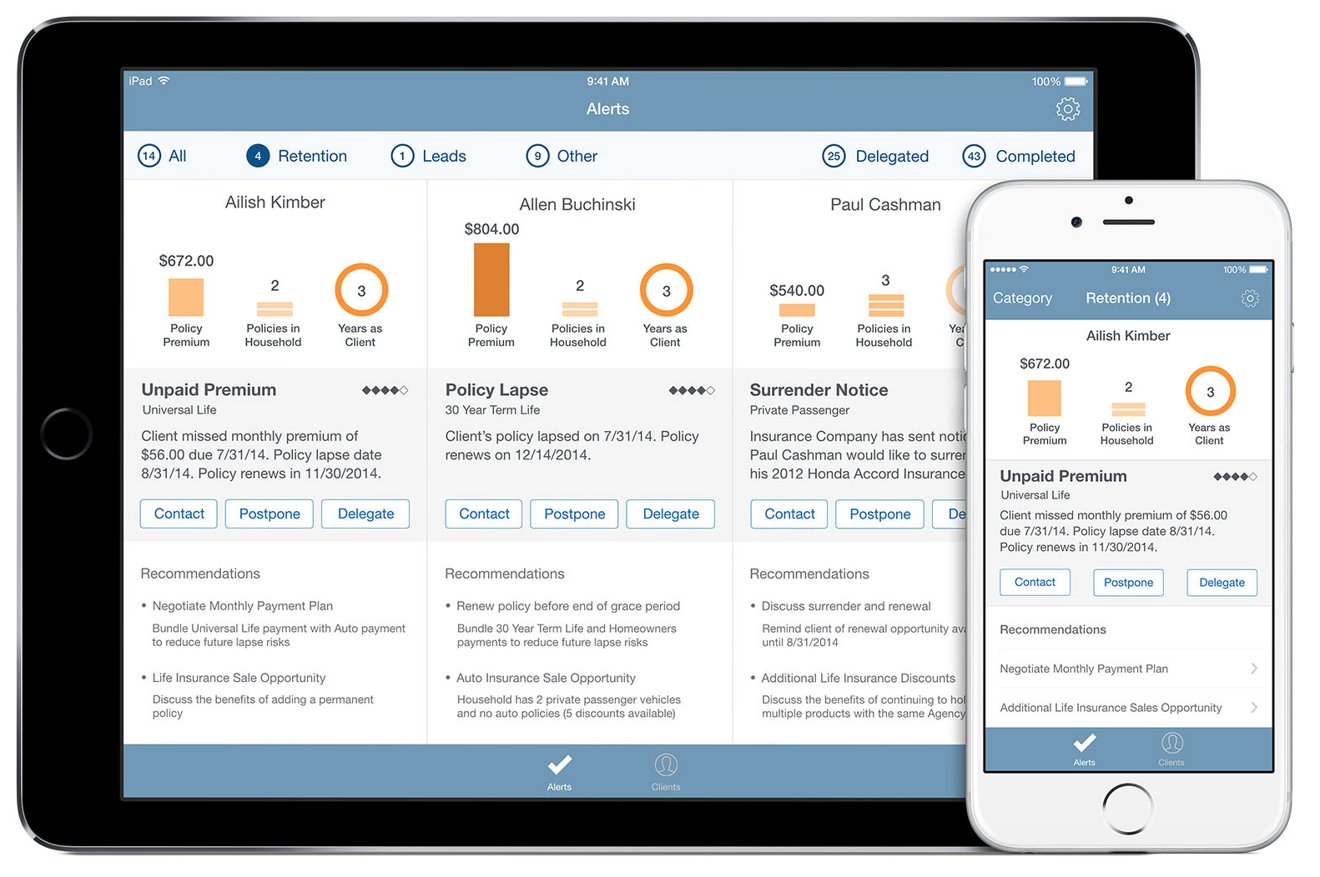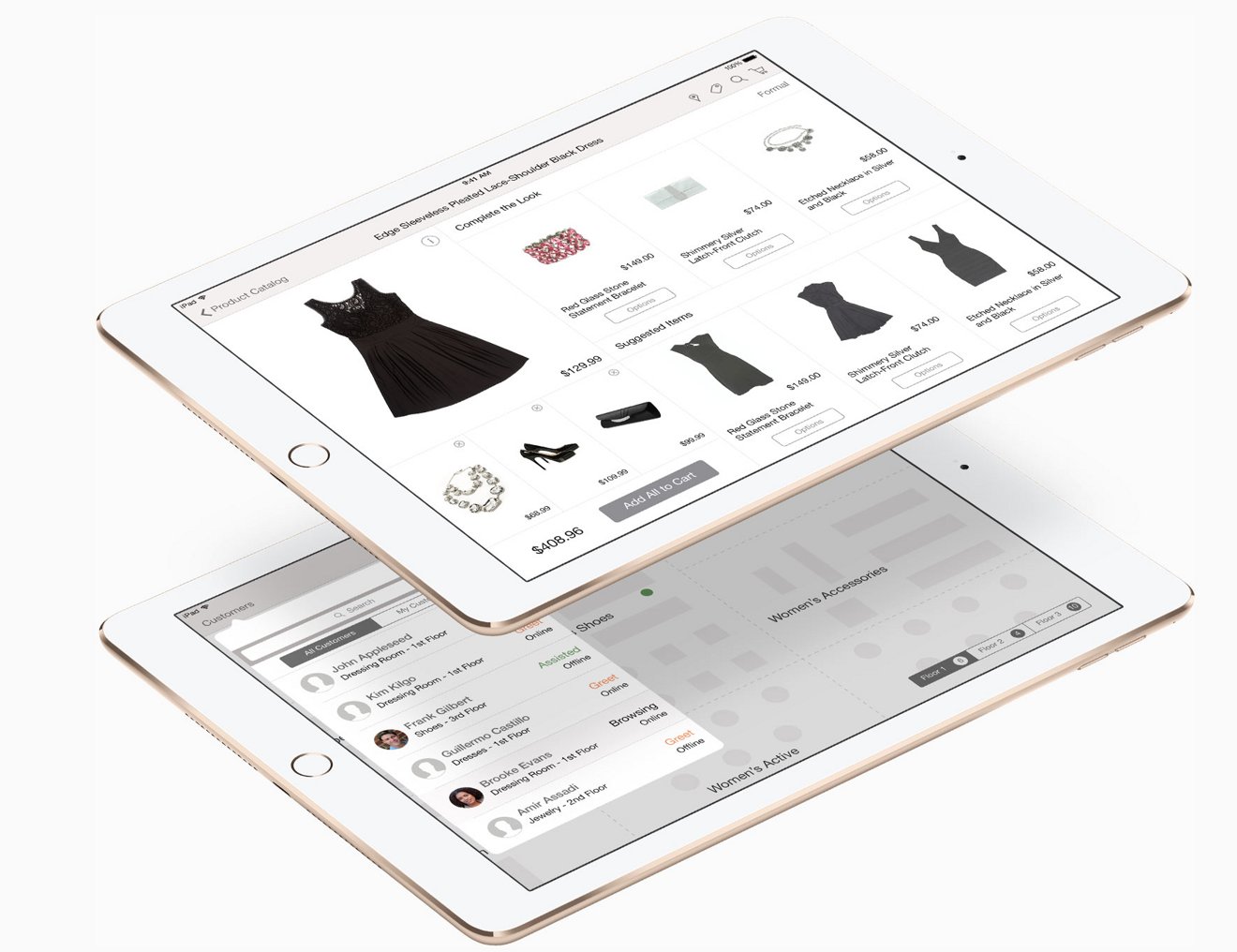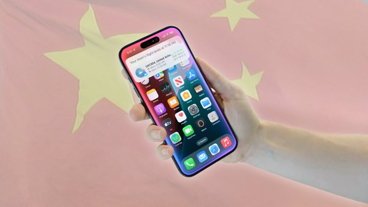Though fewer corporations have indicated they are planning to deploy tablets in 2015, Apple's iOS is still the leading platform for corporations embracing the post-PC era, far ahead of smartphones and tablets running Android or Windows.
Piper Jaffray analyst Troy Jensen recently conducted a survey of 112 chief information officers at companies of various sizes. The survey found that 98 percent of companies currently support iOS, earning Apple near-ubiquitous support in the corporate world.
Apple's dominance compares to 79 percent adoption for Google's Android, 58 percent support for Microsoft Windows, and 24 percent support for the dwindling BlackBerry platform.
In terms of devices being provided to employees, 89 percent of corporations polled said they give their employees iOS devices, again leading all platforms. Google's Android came in second with 57 percent of companies providing devices, while Windows was at 30 percent, and BlackBerry took 25 percent.
"Over time, we expect iOS share in enterprise to exceed overall smartphone share given cost is likely less of an issue at enterprise level and is now the biggest reason consumers do not choose iPhone given the larger screen iPhone 6," analyst Gene Munster said in response to the poll's results.
While Apple remains the leading mobile platform in enterprise, the poll also found that tablet adoption will likely slow this year. Among the companies surveyed, 50 percent said they expect to deploy at least some tablet hardware this year — Â down from the 60 percent of companies who planned to adopt tablets in 2014.
Still, there's plenty of room for growth, as just 18 percent of companies polled said they are utilizing tablets among their workforce.
"We find the slight decrease in expected tablet deployments interesting and could potentially be due to continued development of ultralight notebooks and phablet mobile devices," Munster wrote. "Despite this data, we would expect tablet penetration to continue to increase among enterprise given the sub-20% penetration currently."
In this space, Apple again is poised to reap the greatest benefits due to established enterprise trust and familiarity with the iOS platform. In addition, Munster said that Apple's major partnership with IBM for enterprise deployment should further boost iPad sales to corporations in 2015.
"For Apple, the IBM relationship represents a potential opportunity to accelerate tablet adoption, but it is still too early to tell the impact of the relationship," he said.
Since the iPad debuted in 2010, statistics have consistently showed that the iPad is the dominant tablet platform in enterprise. Apple has also repeatedly touted the success of iOS in business markets, and in its most recent quarterly earnings report, company Chief Executive Tim Cook said he believes business-targeted apps being developed in partnership with IBM will help grow enterprise iPad sales.
"The deeper the apps go in the enterprise, the more it opens up avenues in the enterprise," Cook said.
 Neil Hughes
Neil Hughes





-xl-m.jpg)


-m.jpg)






 Thomas Sibilly
Thomas Sibilly
 Wesley Hilliard
Wesley Hilliard
 Christine McKee
Christine McKee
 Amber Neely
Amber Neely
 William Gallagher
William Gallagher
 Malcolm Owen
Malcolm Owen

 Mike Wuerthele
Mike Wuerthele








12 Comments
Although enterprise deployment is nice, everyone is well aware that the consumer market is much, much larger and more lucrative. Apple flipped the script and invaded enterprise after dominating the consumer market.
I know small companies are using the iPad as a POS device, why can't one of Apple's enterprise activities with IBM be the development of large scale deployment of retail POS devices using the iPad and connecting to IBM's infrastructure for a much more secure environment than the 19th century DOS and XP-based POS systems being used in way too many places.
[quote name="rob53" url="/t/184177/enterprise-tablet-adoption-slowing-but-apples-ios-still-dominates-corporate-world#post_2658035"]I know small companies are using the iPad as a POS device, why can't one of Apple's enterprise activities with IBM be the development of large scale deployment of retail POS devices using the iPad and connecting to IBM's infrastructure for a much more secure environment than the 19th century DOS and XP-based POS systems being used in way too many places. [/quote] In other words, the current POS system is a POS :lol:
I would say most of them are and when you add the problems many major companies have had with their in-house billing/cashier systems, it's time for a change. I know they'll say they just need to upgrade to a newer version of Windows but do companies really want to run a POS system running Windows 8.1? They can't just upgrade to a Windows 7-based system because Microsoft has already documented an EOL for that version so they'd be getting a soon-to-be-unsupported OS again. IBM wants to be in every server room so let them push an Apple solution backed by Watson (had to throw that one in).
http://www.apple.com/business/mobile-enterprise-apps/#retail only lists Pick&Pack and Sales Assist, they need to implement a full-scale retail POS system.
In my neck of the woods I’m seeing small mom and pop businesses using iPads with a card reader attached, wireless printing of the receipt.